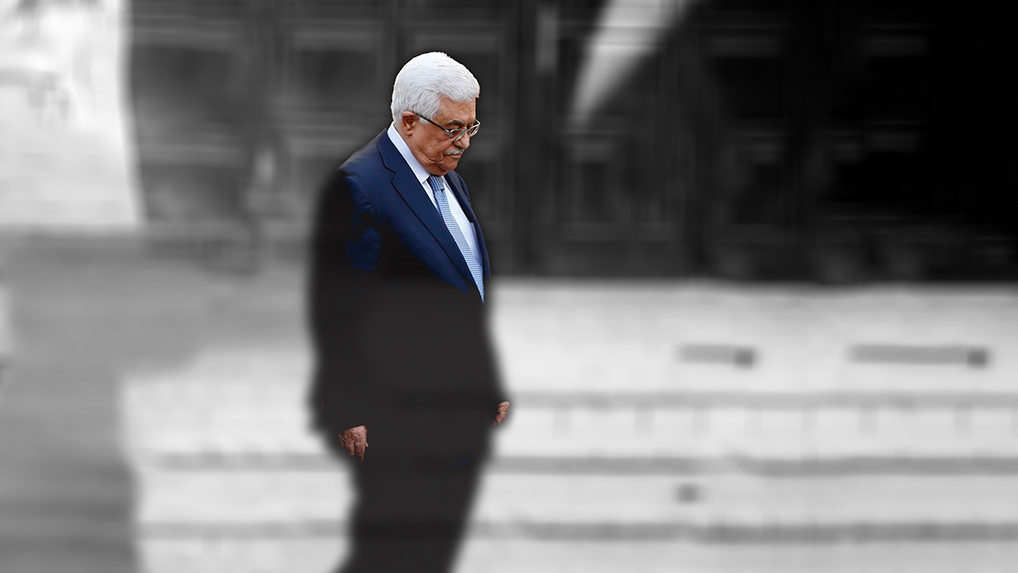Publications
Memorandum 225, December 2022

Since 2005, Mahmoud Abbas (Abu Mazen) has worn three hats, serving as President of the Palestinian Authority (PA), General Secretary of the PLO, and Chairman of Fatah. Along with scoring several achievements for the Palestinians during his tenure, Abbas is also accountable for a number of failures, foremost among them the split between the PA in the West Bank and Hamas, which took over the Gaza Strip in 2007. The difficulty caused by this internal rift compounds the lack of progress toward the long-sought goal of an independent Palestinian state. Despite the criticism, Abbas’s position has not been challenged, and during his term stability has prevailed in the West Bank most of the time. In recent years, there have been growing rumors of his expected exit from the stage, whether willingly or unwillingly, and there is much anticipation in the Palestinian arena.
A team of experts in the Palestinian Research Program at the Institute for National Security Studies (INSS) examined the possible scenarios after Abbas’s departure and the implications for Israeli-Palestinian relations.
The goal of this memorandum is not to predict who will replace Abbas, but rather to outline various potential scenarios, with the goal of understanding the challenges and implications for Israel that stem from each of them. The focus is on three main scenarios: the orderly transfer of power to a leader or leadership group from within Fatah, which would thereby maintain the PA as a functional entity; a prolonged struggle for succession that will weaken the PA and strengthen Hamas; and chaos and a loss of control by the PA to the point of collapse and a return of the keys to Israel.
In this policy-oriented research study, the authors formulate policy recommendations for the Israeli government for the “day after Abbas.” Some of the recommendations are already relevant, while Abbas is still in power. The ability of the Palestinian system to deal with the sudden exit of Abbas will be largely determined by the ability of the Palestinian Authority to execute an orderly and stable transfer of power, without a struggle for succession. Israel has tools to support this process, such as support for the Palestinian Authority and its governance.
Click here to read the full Memorandum
________
The ideas in the memorandum are the result of work by researchers at INSS with considerable experience in the Israeli-Palestinian conflict: Dr. Anat Kurz, Yohanan Tzoreff, Dr. Kobi Michael, Adv. Pnina Sharvit Baruch, Dr. Haggay Etkes, Amb. Dr. Oded Eran, Dr. Ofir Winter, Dr. Yoel Guzansky, Noa Shusterman, and Brig. Gen. (res.) Udi Dekel.



